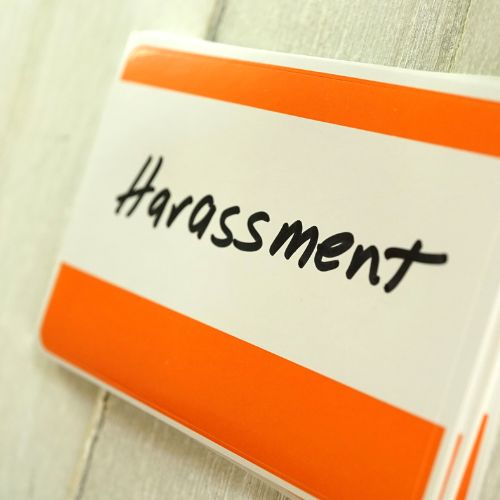According to the PSNI’s most recent recorded crime by offence statistics published in May 2021, in 2020/2021 there were 11,359 reported harassment incidents in Northern Ireland. This figure is steadily increasing year on year. Being the victim of harassing, threatening or intimidating behaviour can be very frightening, worrying and distressing.
Importantly, legal protection is available against this sort of behaviour under the Protection from Harassment (Northern Ireland) Order 1997. This allows victims to apply to the court for a Civil Injunction Order, whether the perpetrator is a neighbour, an ex-partner or a mere acquaintance. Crucially however, if you find yourself in this situation, it is imperative that you contact the police in the first instance before seeking legal advice on the options available to you.
The most commonly asked questions concerning civil injunctions are set out below:
- What is a Civil Injunction?
A Civil Injunction Order stops a person from harassing, intimating, molesting or otherwise interfering with another person; restrictions imposed can include prohibiting the perpetrator from being able to communicate or contact the victim either directly or indirectly and, in some cases, preventing them from being able to enter a certain area or property.
- What is the criteria for obtaining a Civil Injunction Order?
In order to make an application for a civil injunction, there must be evidence of at least two separate incidents of harassment involving the same individual. It is therefore important that any incidents are reported to the police and a record is kept of the relevant dates and times of the harassment.
Legal aid assistance is available for civil injunction proceedings. Worthingtons Solicitors can assess your financial eligibility for same and submit an application for funding on your behalf if applicable.
- Does the perpetrator have to be informed of proceedings prior to any Court Order?
No – interim civil injunctions can be granted on an emergency basis if the circumstances warrant it, for example, immediate threat of harm. If this is the case, a solicitor can request that the matter be dealt with by a judge as an ex-parte application where the perpetrator is unaware of the proceedings. If the civil injunction is granted, the Defendant is then served with a copy of the Order by a process server.
- How long does the Court Order last?
A full Civil Injunction Order usually lasts for one year. However, the proceedings can sometimes be resolved by way of Undertakings, where both parties agree to refrain from contacting each other.
- What happens if the Civil Injunction Order is breached?
If a Civil Injunction Order is breached, the matter can be brought back to court on the basis of contempt of court. If the original order has an accompanying penal notice, the guilty party could be sent to prison.
If you have been the victim of harassment and would like further information on how Worthingtons could help you, please email [email protected] or contact our office on 028 9043 4015.


